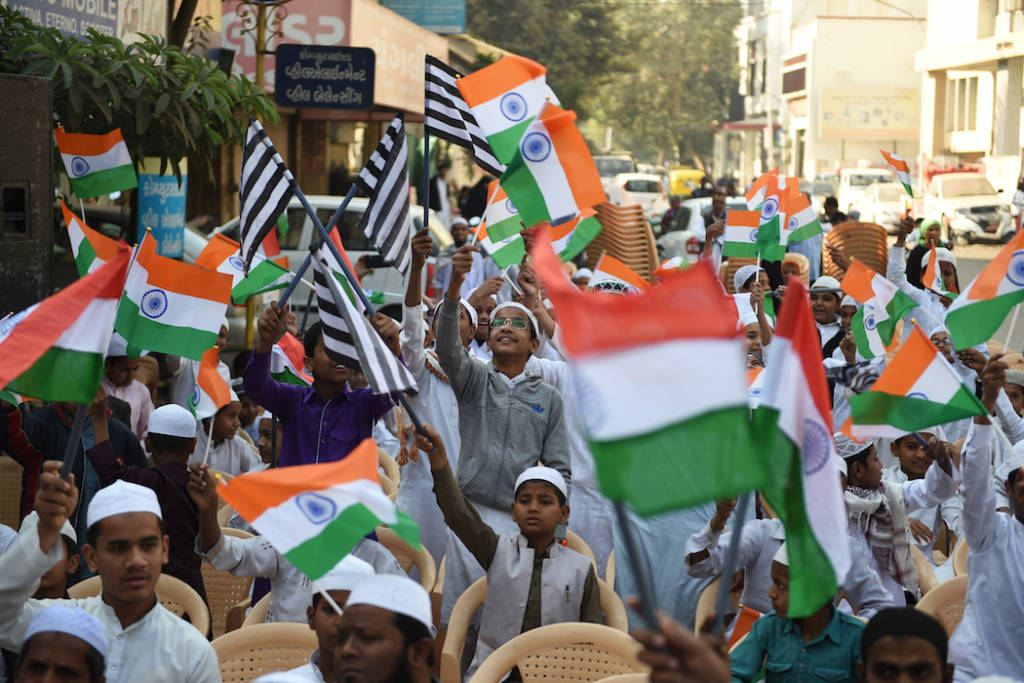The Shia vs Sunni debate in Islam is almost as old as the religion itself. The Shia sect considers Ali (cousin and son in law of Prophet Muhammad) true successor and the Imam (leader) after him while the Sunni are of the view that Prophet did not appoint successor and therefore Abu Bakr, the person who was appointed by a group of Muslims as the Caliph is the rightful successor. In India too, Shia and Sunni sects have followed very different trajectories. In fact the reason why these two sects came to India are also drastically different. Sunni Muslims mostly came to India as invaders while most Shias came to the country to seek asylum from Sunni persecution. Shiites were being persecuted by Rashidun caliphate and Umayyad caliphate due to their different interpretation about the rightful successor of Islam. Indian kings and queens, had for centuries, accepted persecuted communities and tribes. There was no safer place for Shias to seek abode.
The Shia community in India is scattered across many urban centres with Lucknow being the hub of Shia culture. There is no sect specific census in India and therefore it is hard to estimate exact number of Shiites in the country. According to Pew Research Centre, Shia population is between 10 to 13 percent of total Muslims population which will translate into 2-3 crore people. India has third largest Shia population after Iran and Pakistan and the country has more Shias than Iraq.
While Shia community was systematically persecuted by various Muslim dynasties of the Sunni community, they had had an amicable relationship with the Hindus of the subcontinent. Prominent Shia scholars like Qazi Nurullah Shustari and Mirza Muhammad Kamil Dehlavi were persecuted during Mughal Empire. They still face discrimination in Kashmir region where Wahabi interpretation of Sunni Islam is the dominant narrative. The Jammu & Kashmir government went to the extent of banning Ashura Procession (a prominent community event of Shia Muslims) on the demand of Sunni hardliners.
India is the only non- Muslims country with just small Shiite population to declare Moharram (Shiite festival), a public holiday. In fact, the states of UP and Bihar declared the birthday of Ali as public holidays too. India is only country except the Shiite majority states (Iran, Iraq, and Azerbaijan) where Shiite Muslims are not subjected to state discrimination and persecution.
In last few years, the Shia community of India has definitely found its voice. They were sidelined by the dominant Sunni community in All India Muslim Personal Law Board and therefore in 2005, a separate entity named All India Shia Personal Law board was constituted. ” Shias and Sunnis do not interpret family laws in a similar way. Shiites also have different Mosques and Burial grounds in India,” said Maulana Mirza Mohammed Athar, president of the breakaway All India Shia Personal Law Board.
In Lucknow, the centre of Shia culture, sectarian violence is regular occurrence. Shiites constitute 40 percent of the total Muslim population of the city but are very influential. There have been cases of obstruction by Sunni community during the celebration of major Shiite festivals like Muharram, resulting into violent clashes.
Shiites has a very different ideological stand on important social, religious, political issues. For example, the representative bodies of Shia community support the construction of Ram Mandir in Ayodhya.
Shiites are one of the most prosperous religious minorities in India. Many Shiite Muslims hold prominent position in the country. Azim Premji, the billionaire entrepreneur is a Shia Muslim from the Khoja subsect of Shia Islam. Bharat Ratna Shehnai player Ustad Bismillah Khan also belonged to Shia sect. Shiites have a completely different history from that of the Sunni community in India, a very different ideological inclination from those of Sunnites and those should be reasons enough for The Government of India to categorize them in different sections in the 2021 census.
